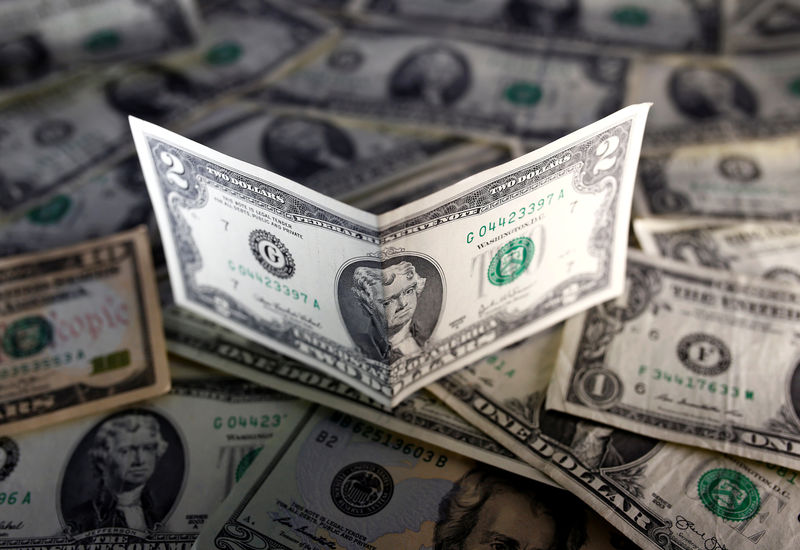By Gina Lee
Investing.com – The dollar was down on Friday morning in Asia, but set to record a second consecutive week of gains. Investors now await the latest U.S. jobs report, which could change the timing of U.S. Federal Reserve interest rate hikes.
The U.S. Dollar Index Futures that tracks the greenback against a basket of other currencies inched down 0.02% to 94.323 by 12:57 AM ET (4:57 AM GMT).
The USD/JPY pair inched down 0.08% to 113.66.
The AUD/USD pair inched down 0.04% to 0.7396 and the NZD/USD pair inched down 0.09% to 0.7095.
The USD/CNY pair inched up 0.05% to 6.4004, while the GBP/USD pair inched down 0.02% to 1.3495.
Rounding off a week of central bank policy decisions, the Bank of England (BOE) kept interest rates steady at 0.10% as it handed down its decision on Thursday. However, the surprise move caught the market off-guard and saw the pound headed for its worst week in 11.
Key central banks have declined to hike interest rates earlier than expected, forcing investors to reset monetary policy expectations during the week. European Central Bank President Christine Lagarde on Wednesday dismissed market bets for an interest rate hike as soon as October 2022, adding that it was very unlikely such a move would occur within that year.
Across the Atlantic, the Fed said it would be “patient” on interest rate hikes, while beginning asset tapering, as it handed down its decision on the same day as Lagarde’s comments.
With job market recovery one of the Fed’s conditions for an interest rate hike, investors now await the latest U.S. jobs report, including non-farm payrolls, that is due later in the day.
"The Fed delivered a 'dovish taper,' but the dollar is still better positioned than most," Westpac analysts said in a note.
"Payrolls this week should be at least as strong as consensus given signs that recovery momentum is accelerating again," making dips into the mid-93s a buying opportunity for the dollar, the note added.
In Asia Pacific, the Reserve Bank of Australia set the tone for the week on Tuesday as it stuck to a dovish stance in its decision. Although the Bank of Japan is set to be the slowest among key central banks to normalize policy, the yen benefited as this expectation remained constant while investors cut bets elsewhere.
